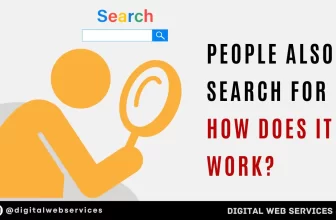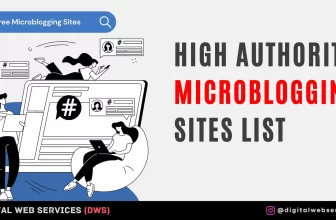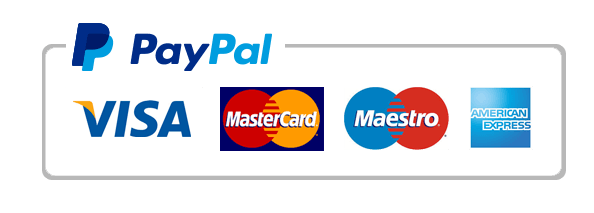
Great content and having inbound links are critical factors of your SEO strategy. If you create an excellent blog post or e-book, you will naturally want to make sure that you drive as much possible traffic to it. A part of that tactic should always utilize internal linking and knowing how other pages of your website can contribute value towards your new page.
Why is internal linking important?
Keep in mind that a search engine’s ultimate goal is to make the very best few pages known about a topic on the web. It is easy to miss the fact that internal linking plays a critical part in this.
Inbound links are similar to other sites voting for your content and sending a message to search engines about what your content is all about. Internal links are comparable to voting for yourself and also allows the search engine to know about your vote.
1. Sketch out your website’s map
Make a list of every page in your main navigation and that things are on each of those top pages. It will help you comprehend the links that you already have on your site and how you linked them together in the past months. In some cases, laying out your whole website in a visual manner is the only way to understand what you have been overlooking and what is working. You might just uncover critical reasons why some of your top pages are ranking well because you did an awesome job creating your own links to them from your other content.
2. Examine the topics you frequently write about
If you write regularly about something, you should have another dedicated page on your website about such topics. For example, you must have a landing page with an offer. Each should be linked to an authoritative page, and it should be optimized. If your landing page has a prominent call to action, your effective utilization of internal linking Strategy will help drive additional leads via the offer.
Also, it would help if you considered where the page would be lying in your navigation. Contingent to your business, you might even find that having a link to a precise blog post or page from your website’s main page might be suitable. For example, if you constantly have to explain your business to people who discover your website, you might want to make a good blog post that discusses a major promotion of your business across your site.
3. Consider every other page that could link to your ranking page
If a page is related to the topic you frequently write about, make sure each of your new blog posts about the topic references that page and links to it. An example is how Hubspot consistently ranks for the term how to utilize Facebook for business.
Hubspot regularly writes about how to utilize Facebook for business. Although those blog posts are several years old, it has awesome authority on its own because people have consistently linked to them. Each of the links points to Hubspot’s landing page to further build value.
Digital Web Services (DWS) is a leading IT company specializing in Software Development, Web Application Development, Website Designing, and Digital Marketing. Here are providing all kinds of services and solutions for the digital transformation of any business and website.










